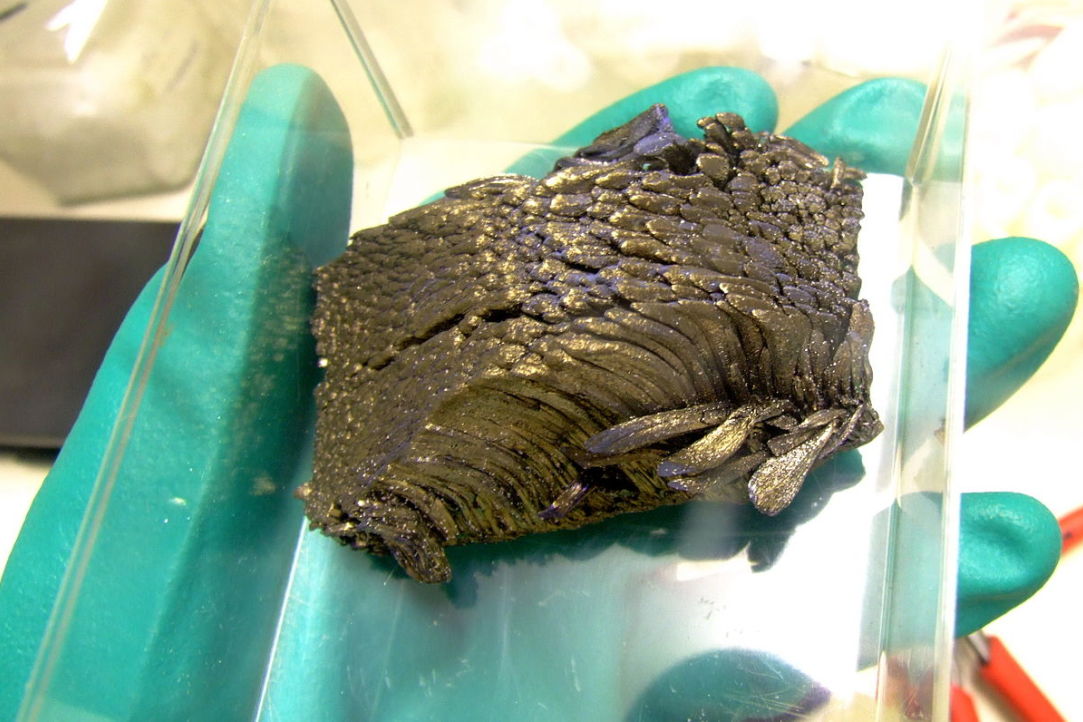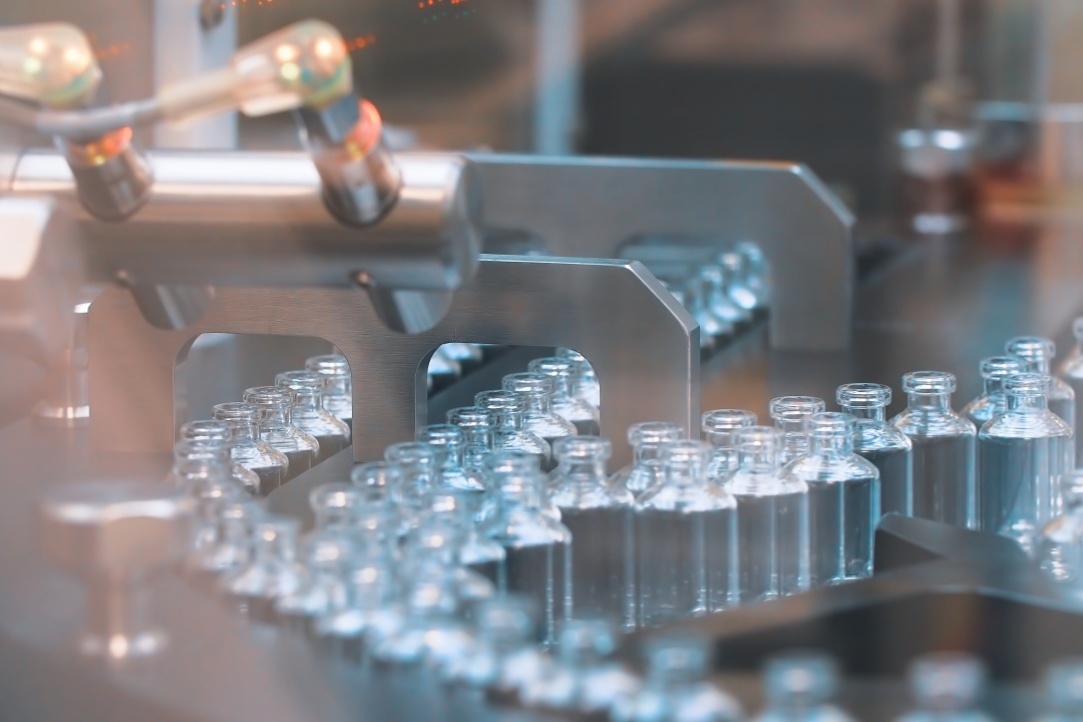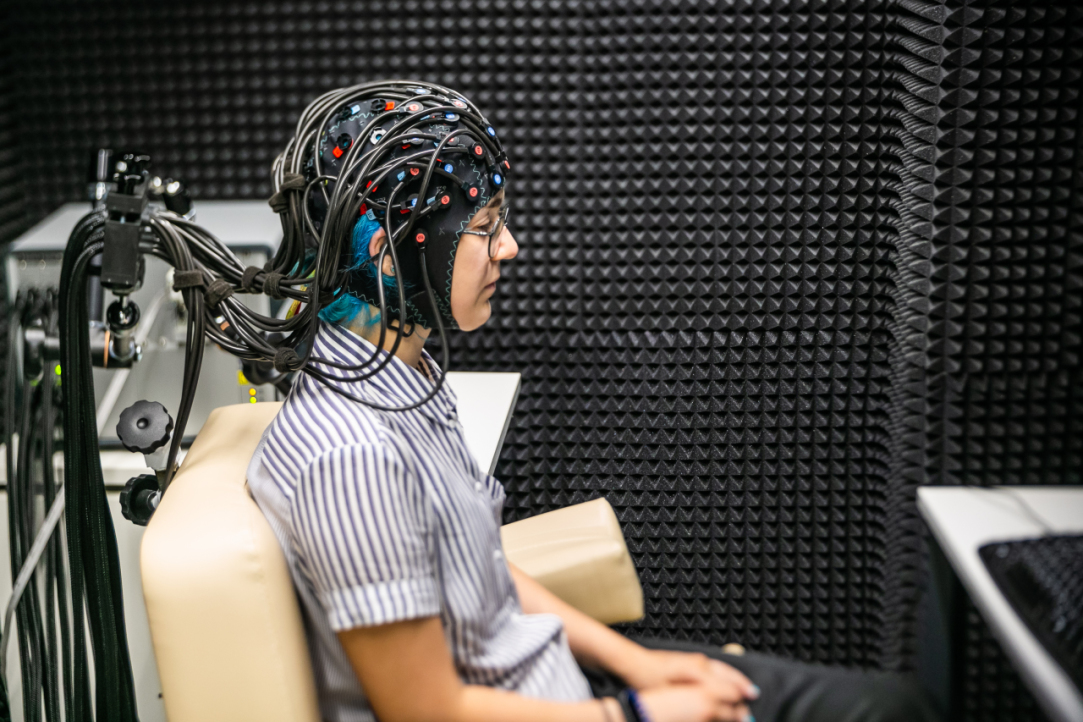
CPD Training of Staff Boosts Self-confidence
There is a significant psychological effect of continuing professional development programmes, i.e. people feel more confident in solving problems. After training, employees note that they cope better with tasks both at work and home.

Wonderful Lanthanides: Researchers Systematize Global Data on the Properties of Rare-Earth Metals
Yury Belousov, Associate Professor at the HSE Faculty of Chemistry, joined his colleagues from Moscow State University, Lebedev Physical Institute, and the University of Camerino, Italy, to work on a review, in which they compared and analysed over 200 lanthanide azolecarboxylates. The scholars were the first to systematize the scattered published information in a single source, which will be useful for technology developments in electronics, metallurgy and nuclear medicine, as well as in the chemical and nuclear industries. The review was published in Coordination Chemistry Reviews.

Researchers Come Up with a New Explanation of Processes that Underlie Working Memory
Researchers from the HSE Centre for Cognition & Decision Making have developed a computational model of working memory and demonstrated the stabilizing effect of gamma oscillations, as well as the importance of fast interaction between the model components. The study results have the potential to become part of a theoretical basis for experiments on improving working memory functions with non-invasive brain stimulation. The study was published in Frontiers in Neural Circuits .

‘The Study Experience at HSE University Was Important to Me in Starting in a New Career’
Russian corporations have started practicing mindfulness meditation to solve psychological tasks in their teams. The Applied Psychology: Health and Well-Being journal has accepted for publication the paper ‘Short-Term Effects of an Online Mindfulness Meditation Intervention’ by Evgeny Osin, Associate Professor at the HSEFaculty of Social Sciences, and Irina Turilina, graduate of the master’s programme in Counselling Psychology. Personality Studies. Irina spoke to the HSE News Service about the research and her studies at HSE University.

‘If We Can’t Prevent the Robot Invasion, We Should Lead It’
The induction of the MuseNet deep neural network into the Russian Union of Composers in April 2021 has interesting implications—will artificial intelligence edge live performers out of their profession? Evgenia Evpak, composer, teacher at the HSE Faculty of Communications, Media, and Design and graduate of the HSE ISSEK Master’s programme in Governance of Science, Technology and Innovation, believes that humans still have a future in the music industry.

HSE Researchers Discover Nucleotide Sequence Responsible for Effectively Fighting Pathologies
Researchers from HSE University have discovered nucleotide sequences characteristic of microRNA isoforms (microRNAs with errors). The discovery will help predict errors in microRNA behaviour and create drugs that can detect targets (such as viruses) more effectively. The results of the study have been published in the RNA Biology journal.

How to Improve the Vaccination Campaign and Achieve Global Immunity to COVID-19
An international study conducted with the participation of HSE University researchers has found that people in developing countries are much more willing to get vaccinated, the most common reason for not getting vaccinating is fear of side-effects, and attitudes towards vaccination are primarily influenced by doctors and health professionals.

The Misadventures of Soviet Furniture
In the late 1950s, Soviet designers created something unprecedented in the Soviet Union — lightweight, modular furniture for the entire apartment. However, their progressive take on interior design clashed with reality. The system trumped common sense, with the result that the best entries in the first national competition for furniture designers remained little more than good intentions. HSE University Art and Design School instructor Artyom Dezhurko studied the history of the competition.

Lasers, Magnetic Stimulation and a Robotic Arm: How Researchers at HSE University Study the Brain
The Institute for Cognitive Neuroscience (ICN) at HSE University has recently added state-of-the-art laboratory equipment to its range of tools for studying brain function. The News Service visited the Institute to learn more about the uses of infrared lasers, optical tomography and a unique robotic arm, as well as why research into vascular tone is important, which parts of the brain can be stimulated to make people more generous, and how the Institute’s research can help treat diseases.

‘In Many Cases, We Are Falling Behind not by Years, but by Orders of Magnitude’: HSE Experts Suggest Ways to Speed Up Russia’s Technological Development
Yaroslav Kuzminov, HSE Academic Supervisor, and Leonid Gokhberg, First HSE Vice Rector, spoke at an expert meeting with Dmitry Medvedev, Deputy Chair of the Security Council of the Russian Federation, on issues of Russia’s technological development. They outlined the current state of research and development and offered suggestions on how to gear the economy towards innovation.

